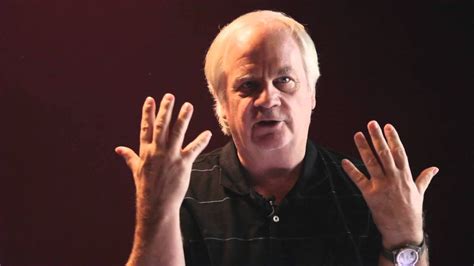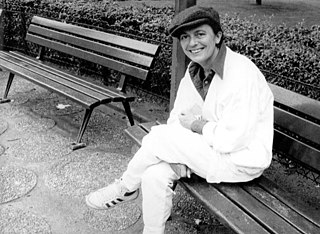A Quote by Danny Boyle
People say you never remember anybody who dies in movies, and it's true, you don't. You don't even remember people who disappear.
Related Quotes
People say you never remember anybody who dies in movies, and it's true, you don't. You don't even remember people who disappear. Although the moment that it happens might be terribly sad and moving, five minutes later, if you're asked to remember that person, you go, "Oh right, yeah, yeah!" 'Cause you're just moving forward.
You do remember things that people say in movies. You remember particular lines and things that are funny. But, you also remember really strong images. Images have a way of bypassing your brain and hitting you emotionally. There are so many things from movies that are remembered, that are just looks on people's faces or incredible vistas or beautiful pictures. That is a very important part of cinema.
Sometimes the things that may or may not be true are the things a man needs to believe in the most. That people are basically good; that honor, courage, and virtue mean everything; that power and money, money and power mean nothing; that good always triumphs over evil; and I want you to remember this, that love... true love never dies. You remember that, boy. You remember that. Doesn't matter if it's true or not. You see, a man should believe in those things, because those are the things worth believing in.
It's an ethical pact I've made with myself and with the reader - not to invent. And when I can't remember, I say I can't remember. I'm just appalled by the memoirs published by people who regurgitate dialogue, conversations from when they were small children, and they go on for three or four pages. I can't even remember what we said to each other ten minutes ago! How can I remember what was said sixty years ago? It's not possible.
There was a time when you were not a slave, remember that. You walked alone, full of laughter, you bathed bare-bellied. You say you have lost all recollection of it, remember . . . You say there are no words to describe this time, you say it does not exist. But remember. Make an effort to remember. Or, failing that, invent.
Some people say they use images to help them remember intricacies. Others say they just remember. If they are able to form an image of the face, it is because they remember how it was: it is not that an image guides memory, but that memory produces an image, or the sense of imaging. We have no agreed way to talk clearly about such things.




































